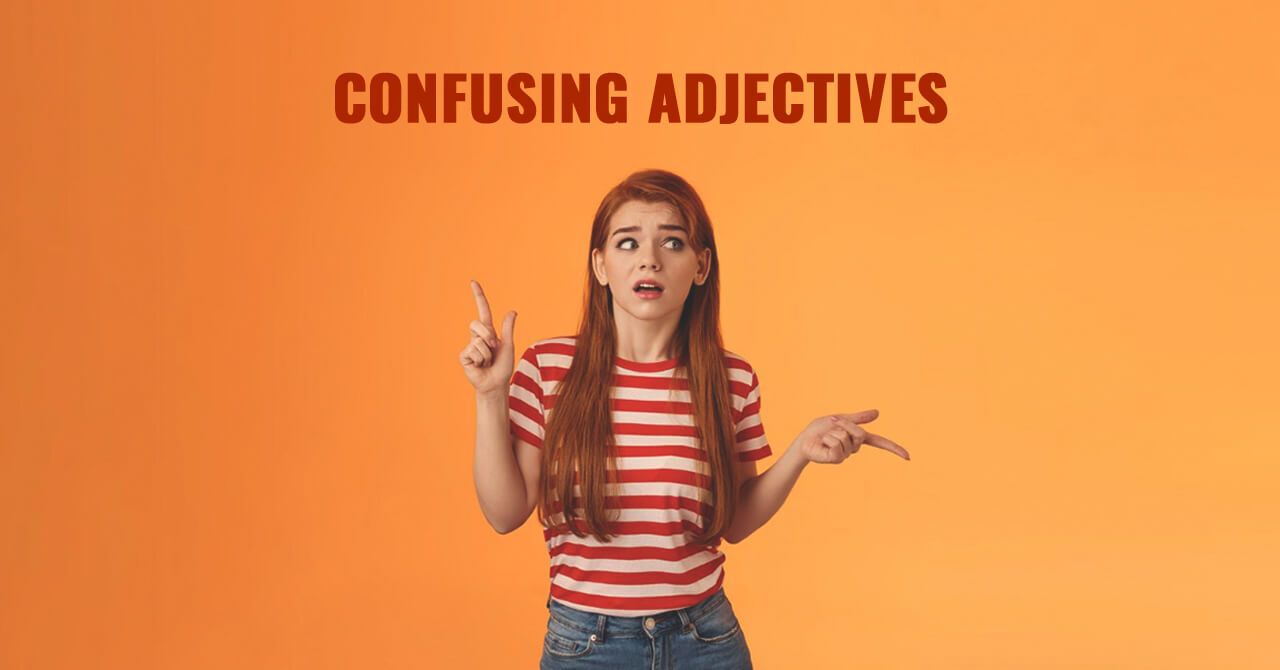
Confusing Words: Adjectives Ending With -ed and -ing
Do you know the difference between “tired” and “tiring?” How about “bored” and “boring?” Can you use the words in sentences? If your answer is “no,”—don’t worry; you are not alone.
Do you know the difference between “tired” and “tiring?” How about “bored” and “boring?” Can you use the words in sentences? If your answer is “no,”—don’t worry; you are not alone.
As an online English teacher, I noticed that my students often find these sets of words confusing. For example, when I ask them, “How do you feel after climbing a mountain?” the common answer is, “I feel tired,” which is grammatically correct. On the other hand, when I ask them, “Do you like climbing a mountain?” I often hear this: “No, I don’t. It’s so tired.” (instead of “No, I don’t. It’s so tiring.”) Basically, the majority of students are familiar with the word “tired” but often encounter difficulties comprehending and using the word “tiring” in their sentences.
“Tired” vs. “Tiring”
So, let’s examine the difference between “tired” and “tiring.” “Tired” is an adjective that describes a physical or emotional state of feeling fatigued or exhausted.
For example:
I am so tired of doing homework all day.
On the other hand, “tiring” is an adjective that describes something that causes fatigue or exhaustion.
For example:
This hike was tiring.
Adjectives “-ed” vs. Adjectives “-ing”
Adjectives that end in -ed describe people’s feelings. However, adjectives that end in -ing generally describe the characteristic of a person, a thing, or a situation that causes the feeling. For example:
I am bored watching this movie. (describes how I feel)
This movie is so boring. (the characteristic of the movie that makes me feel bored)
Other common sets of adjectives that end in -ed and -ing include:
- “interested” and “interesting”:
I am interested in learning about it.
The topic of space exploration is interesting to me.
- “confused” and “confusing”:
I am confused about the instructions.
The explanation was confusing, and I couldn’t understand it.
- “excited” and “exciting”:
I am excited about the trip.
The amusement park ride was exciting.
- “frustrated” and “frustrating”:
I am frustrated with this project.
The endless wait in line was frustrating.
- “surprised” and “surprising”:
I was surprised by the unexpected news.
The magic show was surprising and kept me on the edge of my seat.
- “amused” and “amusing”:
I was amused by the comedian’s jokes.
The comedy show was amusing and had the audience laughing.
- “annoyed” and “annoying”:
I was annoyed by the loud music.
The mosquito buzzing around my ear was annoying and kept me from sleeping.
How to learn the difference
You can practice making more sentences with the sets of words, to understand their meaning better. Also, listening to fluent speakers can be helpful because you learn how they use these pairs of adjectives naturally, and you can try to incorporate them into your conversation.
In conclusion, by being aware of word pairs such as “tired” and “tiring,” “bored” and “boring,” “interested” and “interesting,” as well as others, you can more accurately express your thoughts and emotions and more effectively understand the thoughts and emotions of others.
I'm teacher Ivana. I think the best part of teaching English is that I can create bonds with my students. The more I know about you and your interests, the easier and more creative our classes will be

